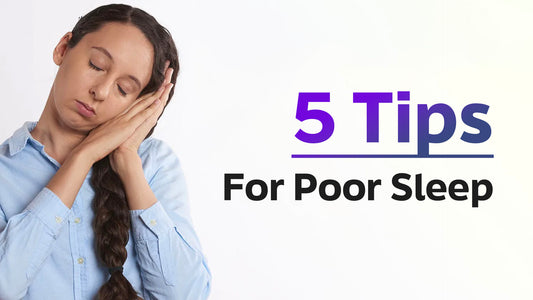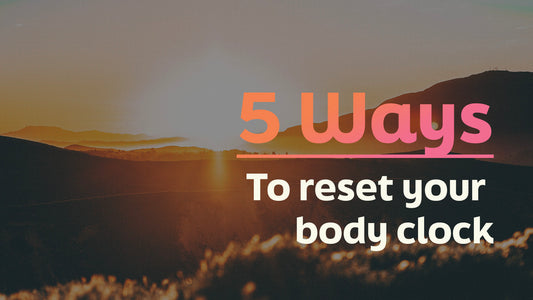What’s for dinner?
We have already written about the importance of not eating too close to bedtime, and how our sleep quality increases if we consume our last meal of the day at least 2-3 hours from the time that we fall asleep.
In this article, we're going to focus on discussing the interactions between the content of your last meal and the effect that this has on your sleep.
This all comes down to the inter-relationship between two important hormones; Insulin & Prolactin.
- Insulin is a hormone which regulates the level of glucose in your blood (your blood sugar). Your body secretes insulin in response to the digestion of a meal, particularly those high in carbohydrates (glucose) which require the action of insulin to use or store the energy (sugar) obtained from these foods.
- Prolactin has several functions, but here we are concerned with its ability to help the brain effectively undergo a process called autophagy (self-cleaning) whilst you sleep. Autophagy is a crucial detoxification process that ensures the removal of toxic waste products that build up in your cells throughout the course of the waking day.
When insulin goes up, prolactin goes down and you have less autophagy.
When you have less autophagy, this disrupts the processes that keep your mind sharp and your brain youthful, protecting it from chronic degenerative disease later in life.
Too much nighttime insulin = low prolactin = no bueno!
The problem is that many of the foods that we consume (not only for dinner or dessert but also throughout the day) contain highly refined carbohydrates which are quickly digested and absorbed, spiking blood sugar levels and requiring our body to produce large amounts of insulin.
When you consume these high-glycemic refined-carbohydrate meals throughout the day, your blood sugar levels peak and crash.
This promotes insulin resistance, weight gain, mood instability, fatigue, cravings and many more health negative effects.
When you consume these types of food at nighttime, the effects can be even more severe.
- The spike in blood sugar levels leads to a corresponding increase in insulin levels which lower prolactin and destroys your brain’s ability to undergo cellular repair at night.
- Eating late at night also makes it very likely that you will experience hyperglycaemia before you sleep (high blood sugar – shown at the peak of the graph) and later hypoglycaemia (low blood sugar levels – shown at the dip of the graph) during the night.
- Experiencing low blood sugar during the night causes the body to experience stress and dehydration – cue nighttime awakenings, excessive thirst and hugely disrupted sleep quality…

So… what should you be eating for dinner?
The best macronutrients to consume for dinner are those that spike insulin least; healthy fats, protein and vegetables that contain higher amounts of fibre and lower total carbohydrates (starchy and non-starchy vegetables).
Due to the fact that processed foods high in carbohydrates cause the largest release of insulin (and decrease sleep quality the most), you really want to avoid consuming refined carbohydrates and sugar within the hours before bedtime.
By doing this, your nighttime insulin levels will stay low, your blood sugar levels will remain stable throughout the night and you will experience deeper, more restful and higher-quality sleep.
Meals should be focused around real, whole-food ingredients.
Keto, Paleo or Low-Carb would be great search terms to use when looking for recipes online in search engines such as Google.
Personally, our favourite recipe books are the Paleo Primer Collection by Matt Whitmore and Keris Marsden. We recommend these books to every single client that we work with - happy cooking!
We'd love to hear from you!
Every like, share and comment on this blog post enables us to reach a wider audience and provide more free online content that will help us to change more lives.
Thank you for all of your support.
Please get in touch if you have any questions!
In health,
Dan & Jamie
PS. Don´t forget to… Like our page on Facebook, Connect with Dan on LinkedIn and Follow us on Instagram


